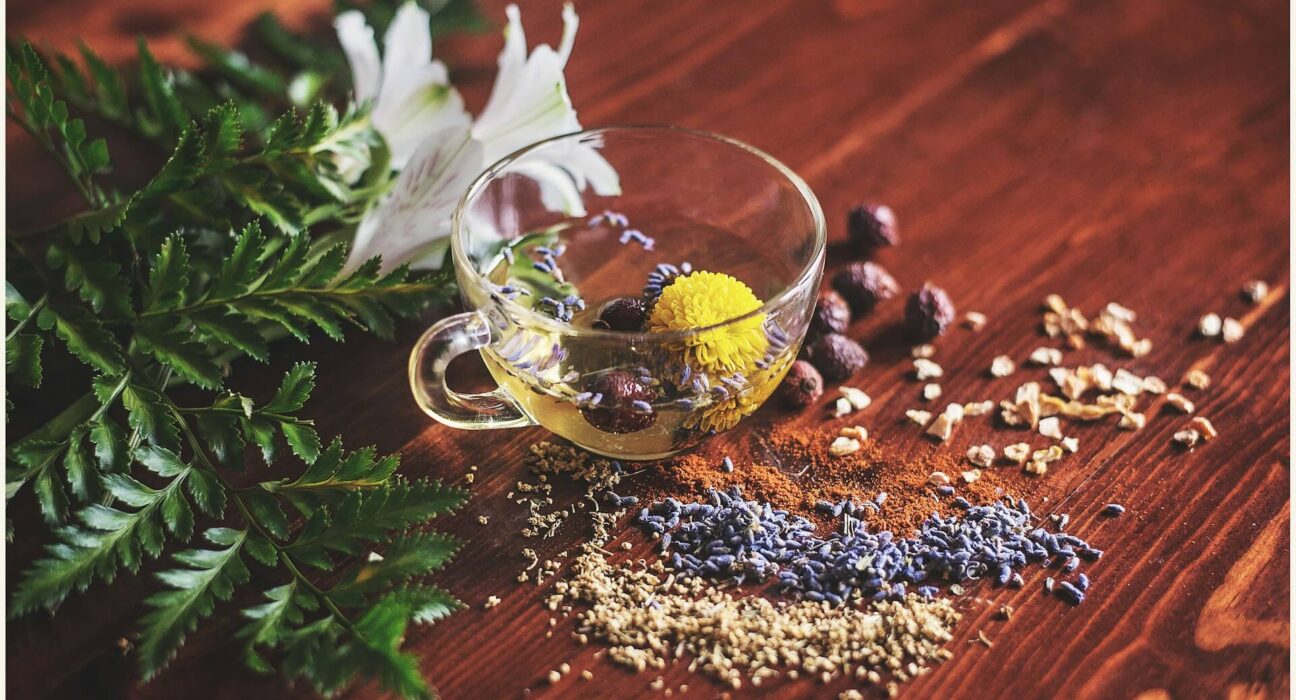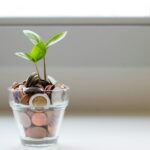In our quest for a fulfilling lifestyle, the allure of herbal remedies continues to resonate with many of us. The idea that nature can provide us with medicines that nourish and heal is not only fascinating but also deeply rooted in human culture. Even as modern science and medicine leap forward, herbalism remains a relevant and potent resource for those seeking a wholesome way of living. This definitive guide to herbal remedies will not just skim the surface of using plants for wellness but will dig deep into their application in our daily routines.
A Brief History of Herbal Medicine
Welcome to this website, where we delve into the fascinating world of herbal remedies. It’s crucial to appreciate the rich history behind this form of medicine, which predates written human records. Many ancient civilizations, from the Egyptians to the Greeks and the Native Americans, used plants to cure ailments and maintain health. In this modern age, we still tap into this knowledge passed down through generations and discover new ways of incorporating herbal remedies into our daily lives. We hope this website helps you deepen your understanding of the practical applications of herbal remedies and encourages you to explore this alternative form of medicine.
The Science of Herbalism: Bridging Tradition and Modern Research
The role of herbs in medicine is not without controversy. Skeptics often question the efficacy of herbal remedies compared to modern pharmaceuticals. However, a growing body of scientific research has begun to validate what traditional cultures have known for centuries. Studies into plant compounds such as flavonoids, alkaloids, and terpenes have shown significant medicinal properties. The advantage of herbal remedies lies in the synergy of these natural compounds, which can offer a gentler, more holistic approach to health maintenance.
Understanding Active Ingredients in Plants
To truly appreciate the healing potential of herbs, it’s important to understand the key active ingredients that make them effective. For example, St. John’s Wort contains hypericin and hyperforin, which have been shown to improve symptoms of depression. Garlic is known for its high allicin content, which provides its antibacterial and antifungal properties. By exploring the science behind these ingredients, we can better harness the benefits of herbal remedies.
The Modern Herbal Toolkit
With technological advances, we’ve also developed new ways to extract and utilize beneficial compounds from plants. Tinctures, salves, and essential oils are just some of the modern formulations derived from ancient remedies, making it easier than ever to incorporate herbs into our daily routine. This section will explore these modern applications, providing insights into how one might use them in practice.
Integrating Herbal Remedies into Daily Life
Now, we come to the crux of the matter: how can you integrate herbal remedies into your daily routine? From morning to night, the following sections will guide you through practical ways to use herbalism in your daily life, encompassing everything from personal care to nutrition.
Herbal Infusions for a Fresh Start
Starting your day with an herbal infusion can offer a gentle start to your morning. Instead of reaching for a caffeinated drink, consider a cup of peppermint or ginger tea to invigorate your senses and help with digestion. We’ll provide recipes and tips for brewing the perfect cup of herbal tea, and explore the specific benefits of different herbs for various health concerns.
The Herbal Pantry: Cooking with Health in Mind
The kitchen is the heart of the home, and it can also be the hub of herbal wellness. Herbs and spices not only add flavor to our meals but also impart their healthful attributes. Turmeric, for instance, is a potent anti-inflammatory, while cinnamon can help regulate blood sugar levels. We’ll detail the best ways to incorporate these herbs into your cooking, offering exciting recipes and culinary inspiration.
Herbal First Aid and Personal Care
The home can be a powerhouse of herbal healing. Basic personal care items such as soaps, lotions, and balms can all be infused with the goodness of herbs. We’ll provide recipes for homemade herbal first-aid kits and personal care products, empowering you to take your health into your own hands.
Herbal Exercise and Relaxation
Physical activity is a vital part of any daily routine. Herbalism can enhance this aspect of life as well. From using arnica for muscle soreness to incorporating calming herbs such as lavender into your post-workout routine, we’ll discuss how to infuse your exercise and relaxation practices with herbal benefits.
Safety and Quality Control
An integral aspect of herbal medicine is safety. While plants offer incredible healing potential, they must be used responsibly. Quality control is also essential as the potency and effects of herbs can vary greatly. This section will cover how to ensure the safety and quality of the herbs you use, discussing issues such as sourcing, proper dosages, and potential interactions with other medications.
The Future of Herbal Remedies
Herbalism is by no means a static field. With a growing interest in natural and holistic health, the future of herbal remedies is one of innovation and integration. This section will explore emerging trends in herbal health, from the use of adaptogenic herbs to the blending of traditional and modern herbal knowledge.
Conclusion
The use of herbal remedies in our daily lives is a powerful way to reconnect with nature and take control of our health. By understanding the history, science, and practical application of herbalism, we can infuse our routines with the gentle yet profound benefits of plants. This definitive guide serves as a starting point, inviting you to explore the world of herbal remedies and discover how they can enhance your unique daily life. As we move forward, may we do so with the wisdom of the ancients and the curiosity of modern explorers, finding wellness in the bounties of the natural world.







